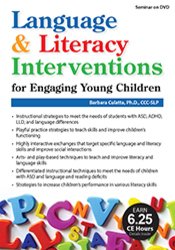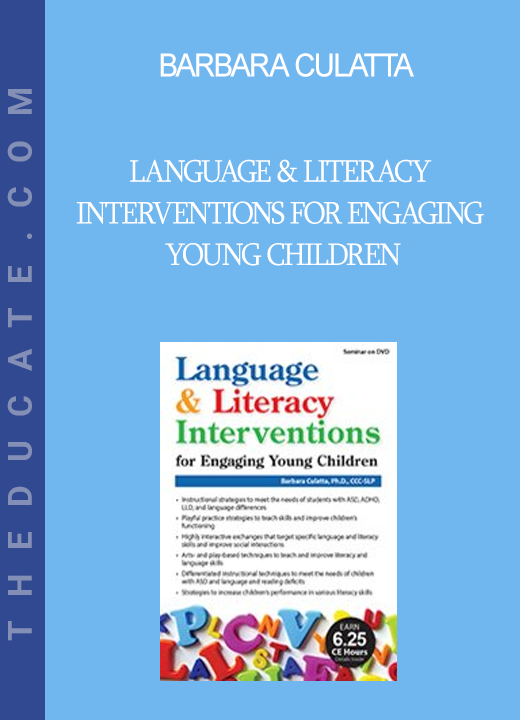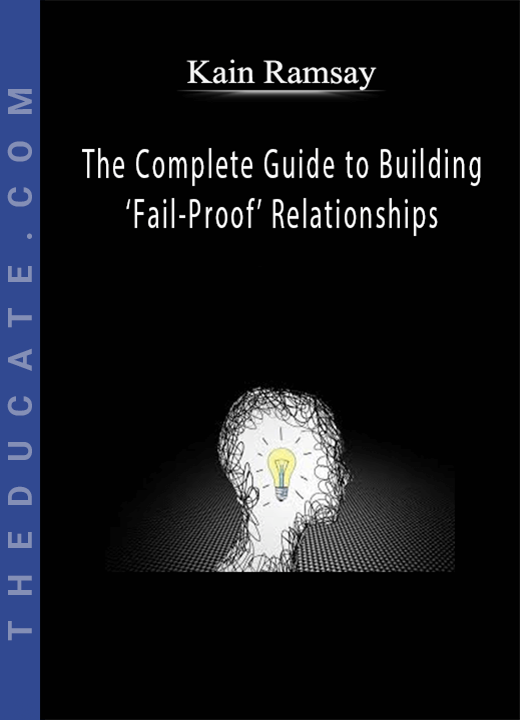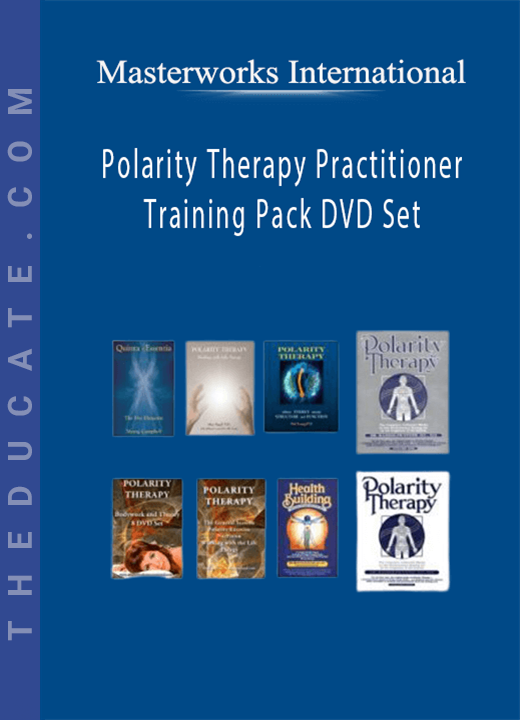Description

-
Barbara Culatta – Language & Literacy Interventions for Engaging Young Children: Play, Art & Movement-Based Strategies to Strengthen Academic and Social Success
- Faculty:
- Barbara Culatta
- Duration:
- 6 Hours 14 Minutes
- Format:
- Audio and Video
- Copyright:
- Mar 31, 2017
Description
- Activities to provide opportunities for children to use language to share experiences and ideas
- Incorporate highly sensory and tactile experiences into instructional contexts
- Access easy-to-implement instructional plans and resources that align with CCSS
- Supplement instruction for children with ASD, LLD, ADHD and language differences
Join language and literacy expert Barbara Culatta, PhD, CCC-SLP, and learn fun and engaging play, arts, and movement-based activities to teach and facilitate children’s language, literacy and social interaction skills. These effective intervention techniques allow children (pre-k through 2nd grade levels) to acquire and use skills to share ideas, feelings and experiences through reading, writing and oral language. You will acquire resources and effective techniques to develop language and literacy skills in children who function at various developmental levels, exhibit different needs, and display characteristics associated with Autism Spectrum Disorder (ASD), Language-Learning Deficits (LLD) and Attention-Deficit / Hyperactivity Disorder (ADHD). You will also learn ways to address the needs of children with language differences, access free materials in English as well as Spanish, and influence the way children interact and communicate in playful language- and literacy-rich contexts. The instructional approach arranges for excellent whole group instruction while also providing intense and differentiated instruction for children who struggle.
You will walk away with the skills necessary to:
- Dramatically increase comprehension, vocabulary, phonological awareness, decoding and writing performance
- Use playful strategies to strengthen language, literacy and conversational skills
- Provide opportunities for children to use language to share experiences and ideas
- Engage children in conversational exchanges that promote language, literacy and social interaction skills
- Meet the language and literacy needs of children with ASD, LLD, ADHD and language differences
- Facilitate interactions among children as they share ideas and engage in playful reading and writing contexts
- Arrange for children to encounter personally relevant reasons to read, write and use oral language to communicate
- Engage, motivate and build confidence in children as they acquire language and literacy skills
Handouts
| Manual (11.89 MB) | 109 Pages | Available after Purchase |
| Instructions for ASHA Credit – SELF STUDY ONLY – 03/31/17 (0.03 MB) | Available after Purchase | |
| ASHA Participant Form – SELF STUDY ONLY – 03/31/17 (1.54 MB) | Available after Purchase |
Outline
Play-, Art- & Movement-Based Practices to Strengthen Language, Literacy and Social-Communication Skills
- Draw upon emotion, meaning, and engagement to facilitate language literacy and conversational skills
- Key words that exemplify targeted skills
- Integrate social-interactional, language and literacy goals
Child-Centered Interventions for Children with ASD, ADHD, LLD and ELL
- Provide frequent but varied and playful opportunities to teach and practice skills
- Incorporate multi-sensory materials in highly participatory activities
- Make personal connections to the content
Strategies to Increase Phonological Awareness, Decoding and Spelling Skills
- Expose children to phonic and phonological awareness skills
- Blend, segment and manipulate sounds in key words
- Play with words in contexts that exemplify a phonic pattern and signal meaning
- Meaningful and engaging activities that permit children to read and write about their experiences
Strategies to Facilitate Vocabulary, Oral and Written Language Abilities
- Support retelling of stories and scripts designed to highlight targeted content and key words
- Make connections between characters’ mental states and their goals and plans
- Scaffold processing of language to obtain information, problem solve, and understand explanations
- Scaffold reading and writing about experiences that were designed to highlight targeted skills
Strategies to Promote Social-Communication Skills
- Respond to, elaborate, and incorporate children’s contributions into interactions
- Support conversational turn taking in theme-based scripts and role play
- Scaffold turn-taking using narrator, character and stage manager voices
- Arrange for activities that require cooperative participation and reasons to communicate
Strategies to Address Cognitive and Sensorimotor Underpinnings to Learning
- Use emotion and engagement to ensure attention to and memory of learning events
- Incorporate highly sensory and tactile experiences into instructional contexts
- Integrate information from varied sensory and motor inputs
- Arrange for high levels of child participation
- Make connections across contexts and activities to deepen concept knowledge
Faculty

Barbara Culatta, PhD, CCC-SLP Related seminars and products: 2
Barbara Culatta, Ph.D., CCC-SLP, is an international expert and author on language and literacy interventions. She has been working with children in clinical and educational programs for 45 years. Dr. Culatta is renowned for creating a highly acclaimed language and literacy program (Systematic and Engaging Early Literacy) that utilizes the arts, representational play, and interactive activities as the basis for teaching language and literacy skills; and she has conducted research on the effectiveness of this program with children with ASD. She is well respected for her work in using scripted play, story enactments, and hands-on experiences as contexts for language and literacy instruction and intervention.
Dr. Culatta has written books (Language and Literacy Instruction in the Classroom and Systematic and Engaging Early Literacy), chapters, and publications on language and literacy instruction and interventions. She has received federally-funded professional development and intervention grants to document the effectiveness of innovative instructional approaches. Dr. Culatta’s research revolves around evaluating playful and personally-meaningful language and literacy interventions. She has conducted evidence-based interventions in English and Spanish-speaking settings that included children with challenging behaviors.
Dr. Culatta, professor emerita of Communication Disorders at Brigham Young University, completed her Ph.D. from the University of Pittsburgh and a postdoctoral fellowship from Johns Hopkins University.
Speaker Disclosures:
Financial: Barbara Culatta is a professor at Brigham Young University. She is the author of numerous chapters and articles and receives royalties from Plural Publishing. Dr. Culatta receives a speaking honorarium from PESI, Inc.
Non-financial: Barbara Culatta is the creator of the SEEL (Systematic and Engaging Early Literacy).






Reviews
There are no reviews yet.